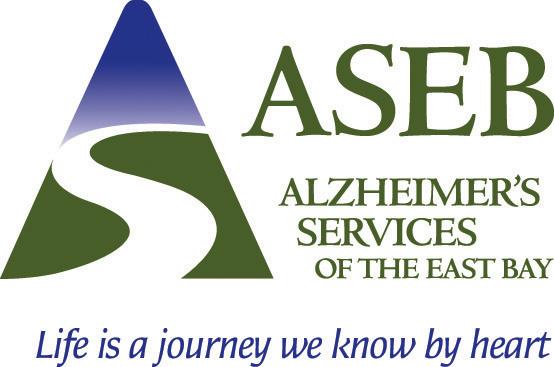[white_space]
The California budget crisis and its threat to Adult Day Health Care (ADHC) programs, including those run by ASEB, came to a head this June. Earlier in the year, Governor. Jerry Brown sought to end Medi-Cal reimbursements for ADHC, and to transition patients to more home-based care services. Brown’s plan included the possibility of providing $25 million in state funding to ease the transition for patients, but advocates for seniors point out that there are no home-based programs that can replace the adult day centers, which not only provide health care services and physical therapy but also give patients a chance to share meals and to socialize.
In addition to providing vital services to its participants, ADHC centers are extremely cost-effective, since the daily expense is far below what it costs to keep a patient in a nursing home or hospital. Caretakers and family members are able to continue working full time jobs knowing that their loved ones are spending days in a safe, supportive environment. At ASEB, ADHC participants share healthy meals, create art, socialize with friends, garden, and receive therapy and medical attention. With support groups for caregivers, ASEB’s goal is to provide much-needed respite to families, and to keep those with Alzheimer’s and related conditions out of long-term care facilities. If the California budget is implemented as planned, ASEB will have no choice but to turn away many of the families who depend on the ADHC programs.
Advocates are struggling to salvage at least some parts of the program. Assembly Bill 96 authorizes the state to submit a waiver application to the federal government to reconfigure adult-day health care into a new Keeping Adults Free from Institutions (KAFI) program. The waiver would smooth the flow of federal funds on a dollar-for-dollar match with the state to help keep adult day health centers open. However, KAFI’s budget would be only half of ADHC’s, so many of the 35,000 people who use the state’s 300 centers will be shut out.
ADHC supporters are also hoping that a lawsuit filed by Disability Rights California will prevent the state from eliminating adult day health care services. Final briefs are due July 12 and the judge is expected to rule within a week or so after briefs are submitted.
With so much at stake, advocates, health care workers, and ADHC participants and their families are watching developments as the budget saga unfolds. If the tens of thousands who depend on ADHC programs are left without support, the state healthcare system doesn’t have the capacity to absorb all of them. More expensive nursing homes or hospital emergency rooms will be left to shoulder the burden. One study estimates that elimination of adult day care would end up costing the state $51 million more than it saves. We at ASEB hope that you will support our efforts to keep our centers open so that we can continue to provide vital services to people with Alzheimer’s and their families.

